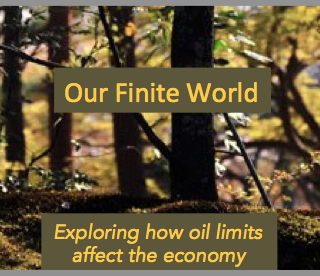The Next Financial Crisis Is Not Far Away
Sunday, July 2, 2017 5:31 PM EDT
We should expect financial collapse quite soon–perhaps as soon as the next few months. Our problem is energy related, but not in the way that most Peak Oil groups describe. It's more related to the election of President Trump and to the Brexit vote.




